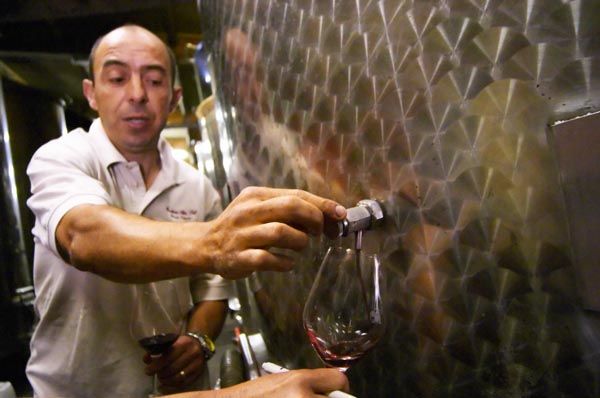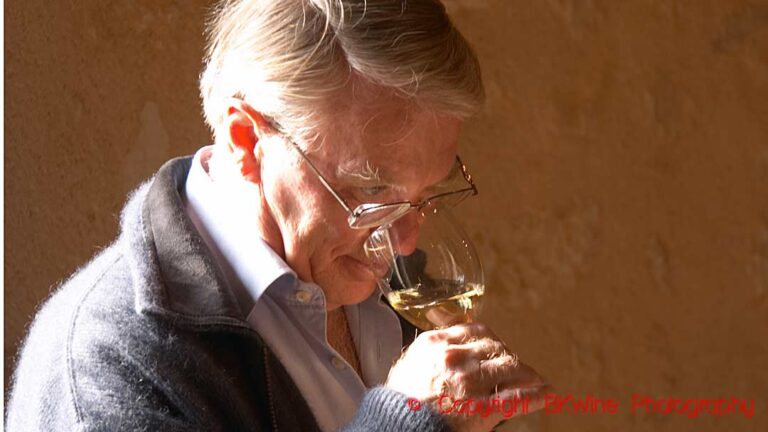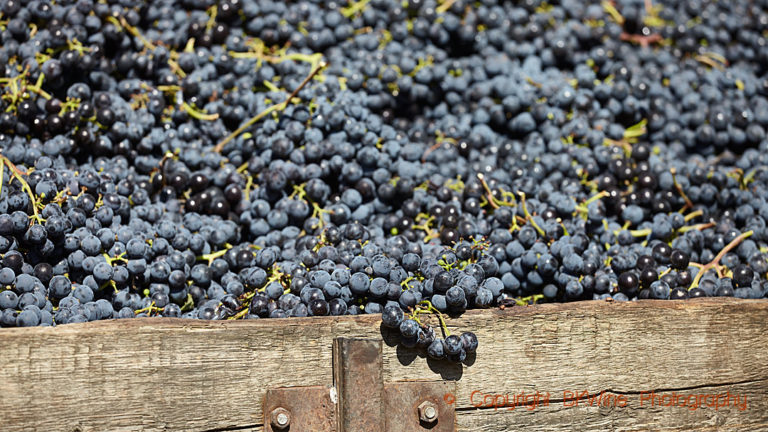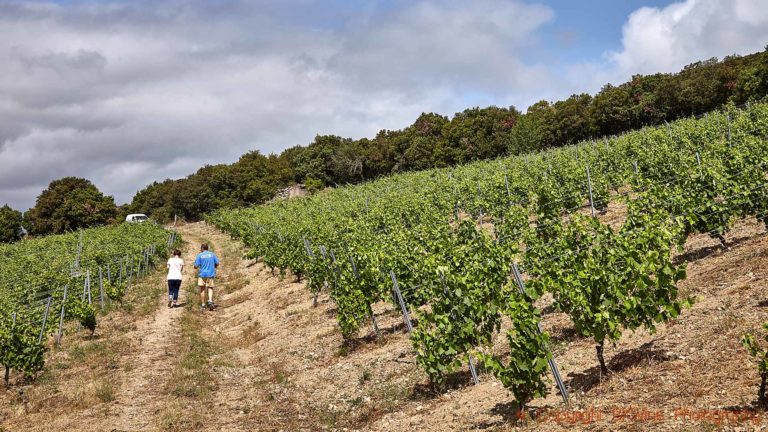On February 8 the EU agreed the rules for organic vinification paving the way for “organic wine”
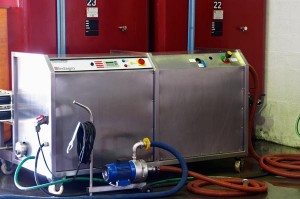
The member countries in the European Union have finally (on February 8 ) voted for an agreement concerning which rules should apply for an organic wine. As from the vintage 2012 we will se “organic wine” on the label instead of “wines made of organic grapes”. This should have happened already two years ago, in 2010, but the different countries could not reach an agreement concerning certain additives, mainly sulphur. Countries with cool climates, especially Germany, objected to the proposed reduction of the sulphur content.
The proposal that was now adopted means that the maximum permitted level for organic wines will be 50 mg per litre less than for conventional wines for wines with less than 2 grams of residual sugar. For other wines, the level will be only 30 grams less. A dry white organic wine (less than 2 grams of residual sugar) may thus have a maximum of 150 mg of sulphur per liter compared to 200 for a conventional wine. Is the residual sugar more than 2 grams but less than 5 grams, the organic wine may have 170 mg of sulphur. This is a compromise compared to 2010, when the proposal was to reduce all levels with 50 milligram.

Many organic growers are already well below these limits.
Otherwise, the rules already developed for 2010 were basically adopted concerning other permitted additives and permitted techniques in the cellar. Several additives, allowed for conventional growers, will be banned and also certain techniques, such as flash-detente. On the other hand, the controversial method of reverse osmosis will be allowed for organic wine, at least to start with.
But to decide rules for the vinification is not obvious. It is a little bit easier for the work in the vineyard.
What do the producers think of the new rules?
Since the rules in detail have not yet been officially published, many growers are a little cautious in their statements. Jean-Pierre Vanel at Domaine Lacroix-Vanel in the Languedoc says the new rules don’t really change anything for him but it is a good thing, he says, to be able to put “organic wine” on the label. Many others agree with him.
The sulphur is important, says Sylvain Fadat at Domaine d’Aupilhac, also in the Languedoc, “because the wine’s true nature is actually vinegar. But there are natural ways to keep the sulphur level low. The malolactic fermentation, for example, stabilizes the wine naturally. If you make wines without sulphur you may succeed or you may not. There is also the added risk of having your wine spoilt by brettanomyces.”
[box type=”info”]Curious about organic wines? BKWine often has many organic wine producers on the wine tour programs. We even did what was probably the world’s first 100% organic wine tour some time back. Take a look on our scheduled wine travel program on BKWine Tours or contact us to discuss a custom wine tour.[/box]
